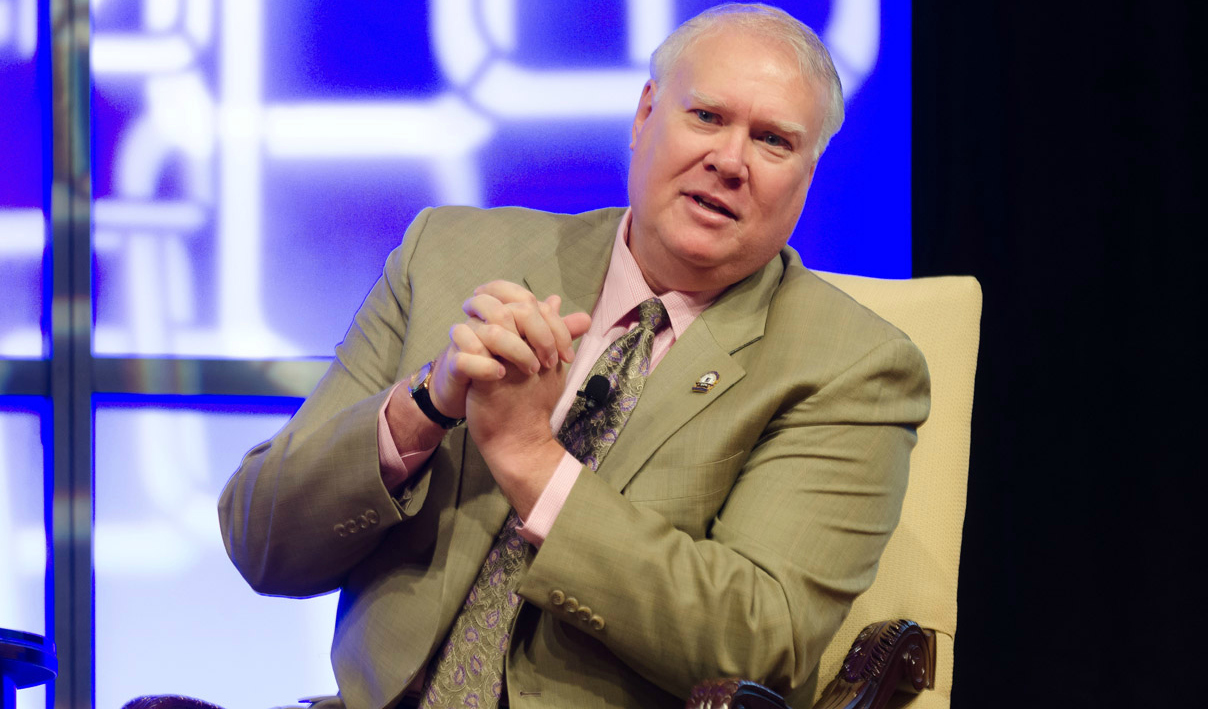What Makes You Professional?
There is a lot of discussion about what makes people professional. We have the Code of Ethics to help us determine the standards that we need to apply to our real estate practices. But in a contact intensive business like ours, the manner in which you interact with others is often the matter of courtesy (or lack of courtesy) that establishes or diminishes your professional reputation.
Etiquette 101
Of course dealing with people politely and appropriately should be second nature for all of us in any situation but sadly that’s not always the case. Many times we aren’t sure what the appropriate thing is, and other times we just don’t realize that the impact of an action might be considered impolite by someone else. As a result of that Emily Post and Miss Manners made a bunch of money writing books about etiquette .
To try to address that need for the real estate professional, NAR, through the Professional Standards Committee developed “Pathways to Professionalism” a guide to professional conduct for real estate agents and brokers. Unlike the code, Pathways is more of an etiquette guide for REALTORS covering issues of professional courtesy. The document, readily available at REALTOR.org is broken down like the code into three sections, Respect for the Public, Respect for the Property, and finally Respect for Peers.
Respect for the Public
In the first section Respect for the Public agents are given guidance to how to respond to people in a courteous and professional manner. Agents are told what would be considered as appropriate when dealing with issues that arise during property showings. Pathways talks about how to react when a buyer doesn’t want to see a home that you scheduled an appointment for, or when you are simply delayed (quick clue – call the seller’s agent and explain the situation), and the need to be respectful of people’s cultural differences .
Respect for Property
In the section entitled Respect for the Property, the practical aspects of showing either an occupied or vacant property is discussed, from leaving lights on or turning them off to adjusting thermostats.
Respect for Peers
And in the third Section Respect for Peers, we talk about those things that annoy all of us- the need for agents to identify themselves when they contact other REALTORS, or the need to return phone calls promptly and courteously. It even talks about avoiding faxing or emailing tons of documents because they might be a burden on the recipient.
So Value Your Reputation!
Actually, the most important line in the document comes at the end – and is one of the things REALTORS need to remember wherever they are in the business. And its really something every good business people knows right away – so I though I would l finish the post by quoting it – “Real estate is a reputation business. What you do today may affect your reputation – and business – for years to come”
Bill is an unusual blend of Old & New - The CEO Century 21 Advantage Gold (Philadelphia's Largest Century 21 company and BuzzBuilderz (a Social Media Marketing Company), He is a Ninja CEO, blending the Web 1 and 2.0 world together in a fashion that stretches the fabric of the universe. You can follow him on twitter @Billlublin or Facebook or LinkedIn.


































![Reblog this post [with Zemanta]](https://img.zemanta.com/reblog_e.png?x-id=68ef2f36-1a2d-4b17-9e7b-411338bee5b9)








Mack
January 21, 2009 at 8:16 am
Showing a little respect for your peers certainly goes a long way especially when it come to negotiating with that agent. I have seen agent be so adversarial that there is probably no way the coop agent even want to deal with them.
teresa boardman
January 21, 2009 at 10:21 am
How we treat our peers is important. The co broke relationship should not be adversarial but it often is. We serve our clients best when we think about their best interests and work well with the other agent.
Bill Lublin
January 21, 2009 at 12:08 pm
Mack & Teresa – You guys get what so many people seem to forget today – that cooperation is a privilege, not a right – and like any other privilege, it should be cherished and maintained properly to avoid deterioration/
Thanks for visiting and sharing
Suzanne Gantner
January 21, 2009 at 2:41 pm
I firmly believe when you are courteous, kind and pay it forward, you will receive the world back. You should be nice to everyone you meet and see. It pays off in the end tenfold!!
Danilo Bogdanovic
January 21, 2009 at 3:34 pm
What you give is what you get. If you want to be regarded and treated as a “professional”, act and treat others like one.
It’s really that simple.
Brandie Young
January 21, 2009 at 5:26 pm
Thanks, Bill. Nice post.
Wouldn’t it be nice if one day there would be absolutely no need to remind someone of this? I think “mean people suck” pretty much sums it up, and that can include rude at times.
It seems we see an uptick in good behavior following cataclysmic events, i.e. September 11th. It’s a shame it doesn’t stick for a greater length of time. I think the current economy and it’s humbling effect is also bringing courtesy back into vogue, but for how long remains to be seen.
Cheers!
Brandie
Vicki Moore
January 22, 2009 at 7:48 pm
I don’t like being treated like a punching bag though. Some think that because I’m a professional I’m going to tolerate anything they say with a smile. That really bugs me.